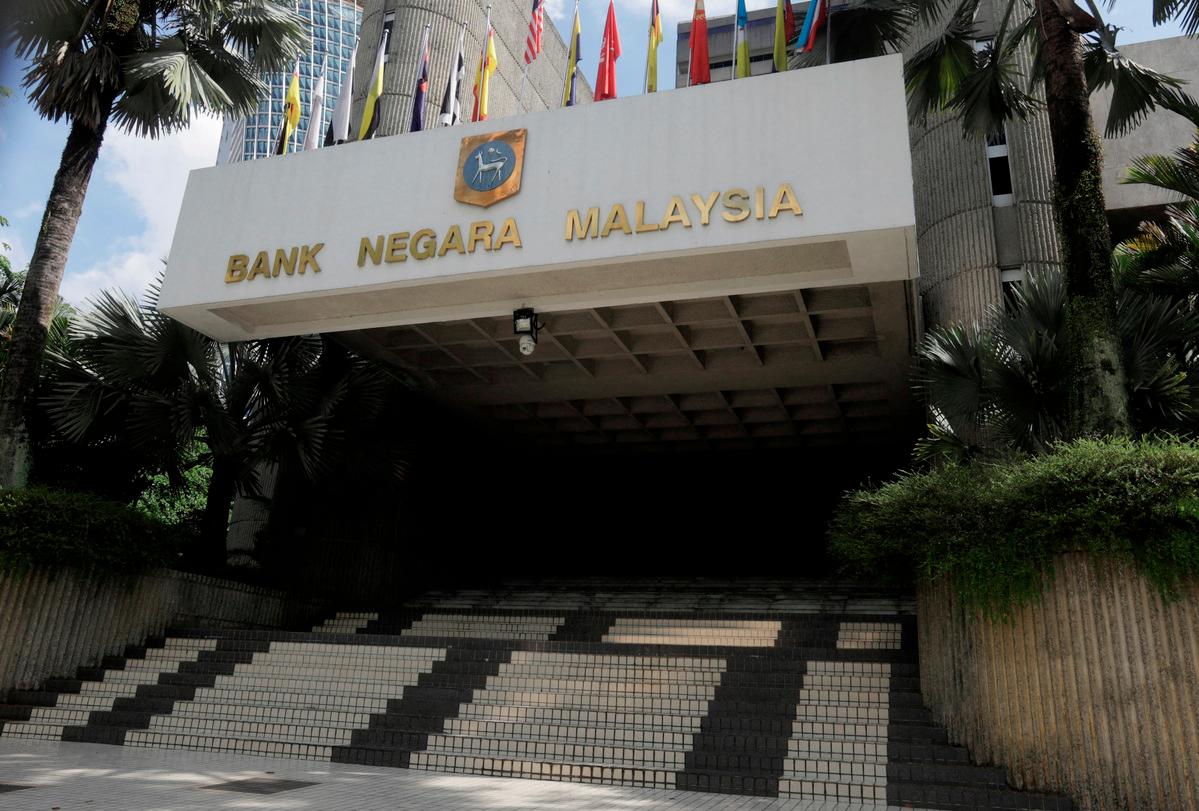BNM maintains OPR at 3.0PCT, global growth to continue
KUALA LUMPUR: Bank Negara Malaysia’s (BNM) Monetary Policy Committee (MPC) has maintained the overnight policy rate (OPR) at 3.0 per cent.
BNM said the latest indicators point towards continued global growth and trade, supported by domestic demand and front-loading activities.
It also said the global growth outlook would remain supported by positive labour market conditions, less restrictive monetary policy and fiscal stimulus.
However, the central bank said the tariff measures announced by the United States (US) and retaliations have weakened the outlook on global growth and trade.
“This outlook remains subject to considerable uncertainties, which include outcomes of trade negotiations and geopolitical tensions.
“Such uncertainties could also lead to greater volatility in the global financial markets,” BNM said in a statement today.
The central bank said Malaysia’s economic activities expanded further in the first quarter, driven by sustained domestic demand and continued export growth.
Moving forward, the escalation in trade tensions and heightened global policy uncertainties will weigh on the external sector.
The continued demand for electrical and electronic goods and higher tourist spending, however, would provide some cushion to exports.
“Overall, growth is expected to be anchored by resilient domestic demand. Employment and wage growth, particularly within domestic-oriented sectors, as well as income-related policy measures, will support household spending,” it said.
It also said the expansion in investment activity would be sustained by the progress of multi-year projects in both the private and public sectors, the continued high realisation of approved investments, as well as the ongoing implementation of catalytic initiatives under the national master plans.
Overall, the balance of risks to the growth outlook is tilted to the downside, stemming mainly from a deeper economic slowdown in major trading partners, weaker sentiment amid higher uncertainties affecting spending and investments, as well as lower-than-expected commodity production.
Meanwhile, favourable trade negotiation outcomes and pro-growth policies in major economies, as well as more robust tourism activities, could raise Malaysia’s growth prospects.
Headline and core inflation averaged 1.5 per cent and 1.9 per cent, respectively, in the first quarter of 2025.
“Overall, inflation in 2025 is expected to remain manageable, amid moderate global cost conditions and the absence of excessive domestic demand pressures.
“Global commodity prices are expected to continue to trend lower, contributing to moderate cost conditions,” BNM said.
In this environment, the overall impact of the announced domestic policy reforms on inflation is expected to be contained.
Risks to inflation would depend on the extent of spillover effects of domestic policy measures, as well as external developments surrounding global commodity prices, financial markets and trade policies.
“The ringgit performance will continue to be primarily driven by external factors.
“Malaysia's favourable economic prospects and domestic structural reforms, complemented by ongoing initiatives to encourage flows, will continue to provide enduring support to the ringgit,” said the central bank.
At the current OPR level, the monetary policy stance is consistent with the current assessment of inflation and growth prospects.
“Recognising that there are downside risks in the economic environment, the MPC remains vigilant to ongoing developments.
“The MPC will ensure that the monetary policy stance remains conducive to sustainable economic growth amid price stability,” it added.









